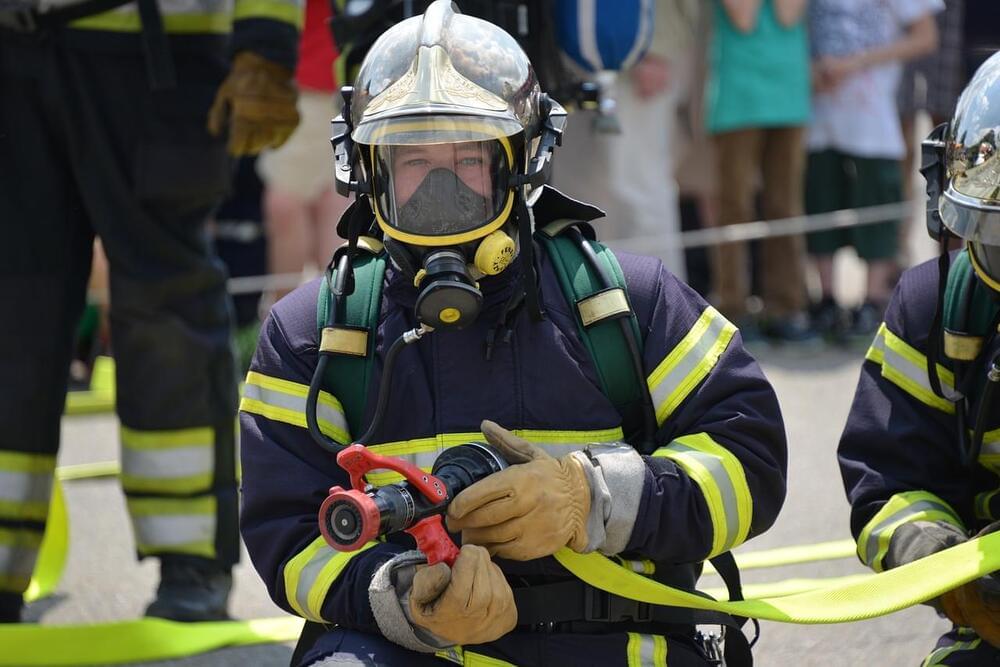Mentions of the “metaverse” were relatively few and far between in Meta’s quarterly earnings call this week — we counted a mere seven mentions compared to 23 for “AI” — but the company’s investment into its vision of a VR-connected social future remains colossal.
Starting in 2021, Meta began breaking out its Reality Labs VR and AR division into its own segment for financial reporting purposes. That makes it possible to see just how much Meta is pouring into those areas, and the numbers are staggering.
Meta reported $13.7 billion in operating losses for Reality Labs for 2022, more than the already jaw-dropping $10.2 billion it sunk into the division in 2021. Reality Labs brought in $2.16 billion last year in revenue, a drop from $2.27 billion in 2021.




 עברית (Hebrew)
עברית (Hebrew)
